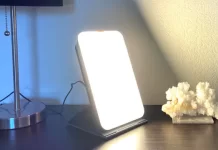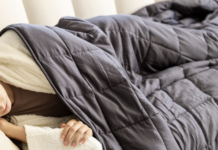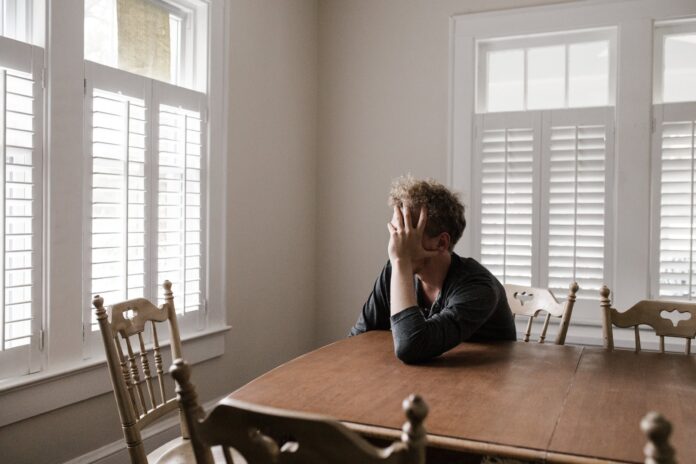Because their symptoms are not always pathological, anxiety disorders frequently remain undetected. After all, healthy reactions to grave risk include anxiety, fear, and panic. Yet even when there is no danger, some people experience severe anxiety. Psychiatric researchers are still trying to answer the why.
Anxiety can be caused by a wide range of factors, including your coworker’s social media posts and even just considering global warming.
Additionally, anxiety frequently coexists with other diseases. Fortunately, there are many various ways to silence those bothersome anxieties and persistent thoughts. Here are a few that could be useful.
Let’s take a look at some simple tips for coping with anxiety
Get of the socials. Although social media has been shown to increase anxiety in many users, it can also keep you connected. If you feel the need to use the internet, select amiable, uplifting websites and ban those that make you feel more uneasy. Read more about how social media could be doing you harm.
Take breaks when needed. You constantly feel like you’re trying to avoid calamity while you’re anxious. You’ll notice how smoothly the world revolves without continual vigilance if you take a step back and relax.
Keep your body well-nourished. A lack of appetite or eating binges brought on by anxiety might make you feel uneasy or worse. To increase your energy and maintain stable blood sugar levels, try eating more meals and snacks that are protein, plant, or whole-food based.
Lower your caffeine and alcohol intake. Stimulants can aggravate anxiety and—in large doses—even trigger panic attacks. Go for seltzer, decaf coffee or hot or iced herbal tea instead. (Be sure to limit these other anxiety-inducing foods, too.) There are many physical and mental benefits to lowering your alcohol intake.
Make sure to get enough sleep. Both worry and sleep deprivation can make it difficult to fall asleep. By abstaining from coffee and utilizing these easy sleep techniques, you may end that vicious cycle. There are many benefits to taking a nap during the day to helop add to your amount of sleep. Consult your doctor about attempting sleep medications if these don’t help.
Take some deep breaths. You might feel more upbeat if you breathe deeply and diaphragmatically. Try to equalize the length of your inhales and exhales. Daily meditation has been demonstrated to significantly lessen symptoms of anxiety and despair.
Start an exercise routine. If you don’t use it you lose it. Even the most basic exercise can help you burn energy and release some of those lovely serotin chemicals in your brain. Every little step counts. There are many different ways to start an exercise routine and stick to it. Just find one that you enjoy, that’s half of the battle.
Make sure to find time to laugh. Okay, there’s not much in life or your worries to make you smile. However, give both a try and notice how much better you feel after.
Stay away from triggers. Avoid those persons or situations until you feel more in control if they cause you to feel particularly afraid or panicked. Not sure what’s upsetting you the most? Keep a journal or use an app to keep tabs on your symptoms.
Spend time with those that are important to you. Both a symptom and a cause of anxiety is isolation. Even if you’re feeling overburdened, talk to your friends and family, or think about joining a support group. Even if you don’t feel like socializing, being near people helps alleviate your symptoms.
Start practicing mindfulness. When you practice mindfulness each day, you focus on being fully aware of your feelings and senses in the here and now, without interpretation or judgment. The mindfulness practice includes using breathing exercises, guided imagery, and other methods to relax the body and mind and reduce stress.
Hopefully some of the above tips for reducing anxiety will help you to avoid some of the things that can heighten or trigger anxiety in your life.
If your anxiety is getting beyond a point that you can handle, please consider seeing a professional.






























